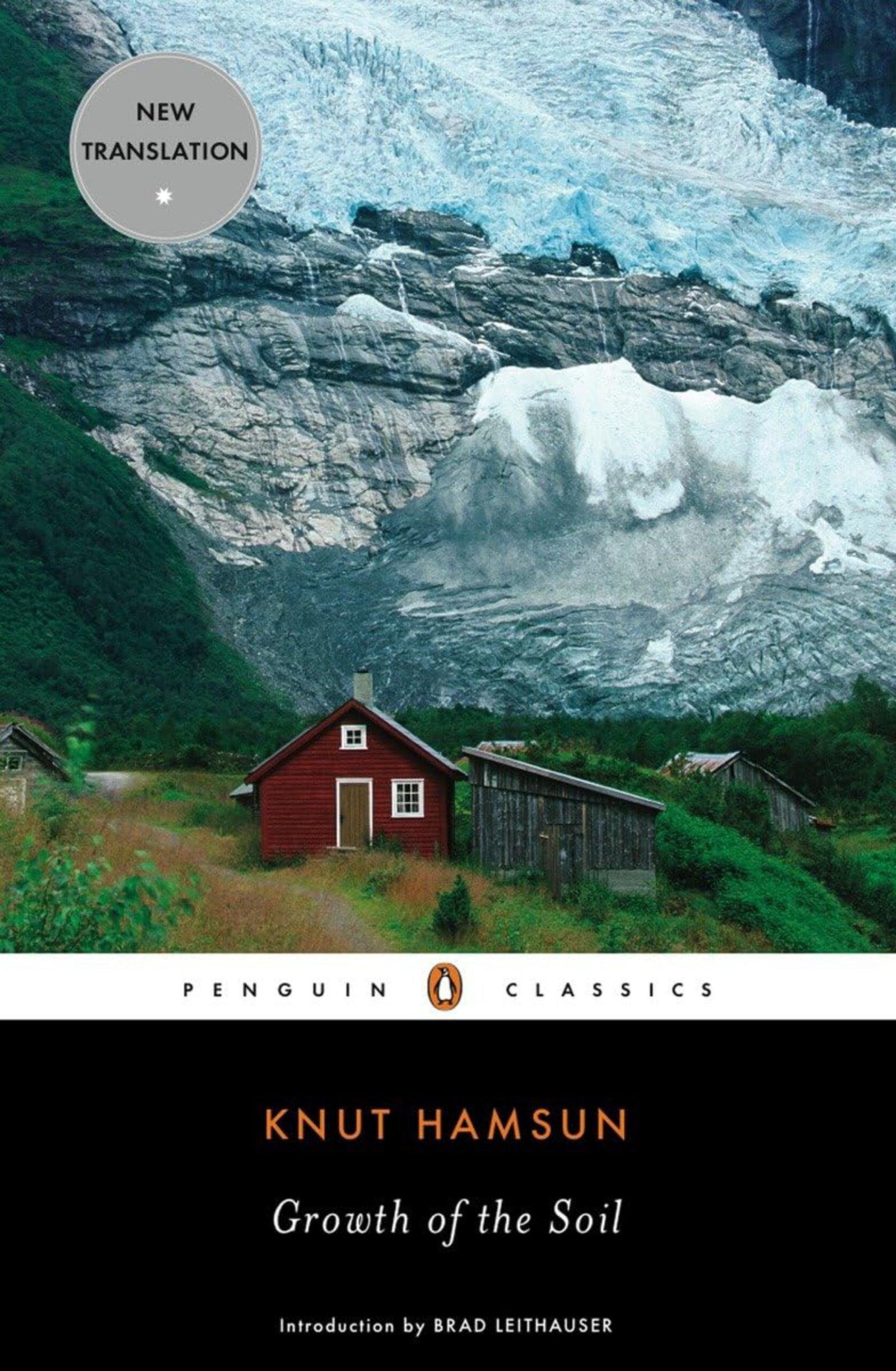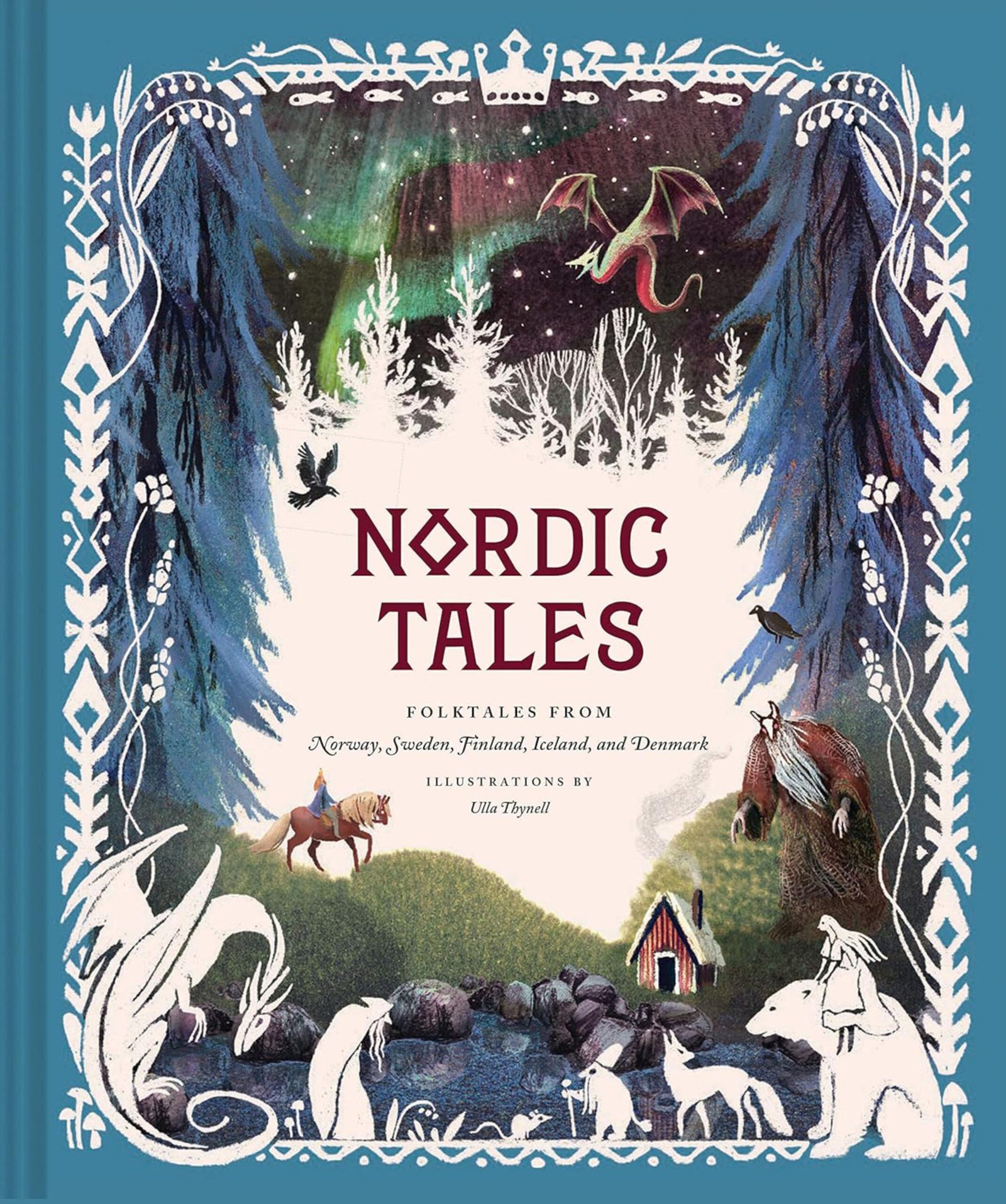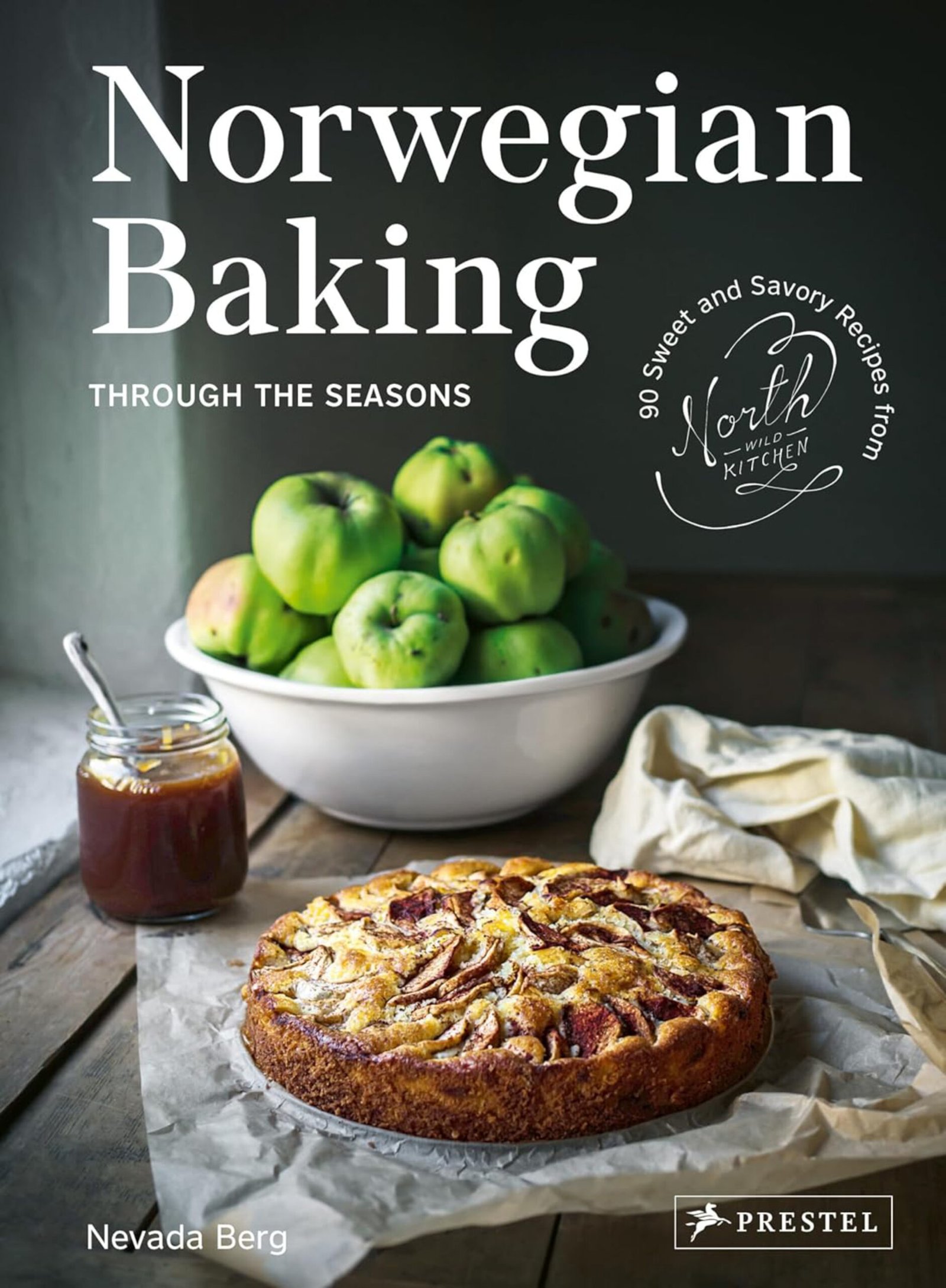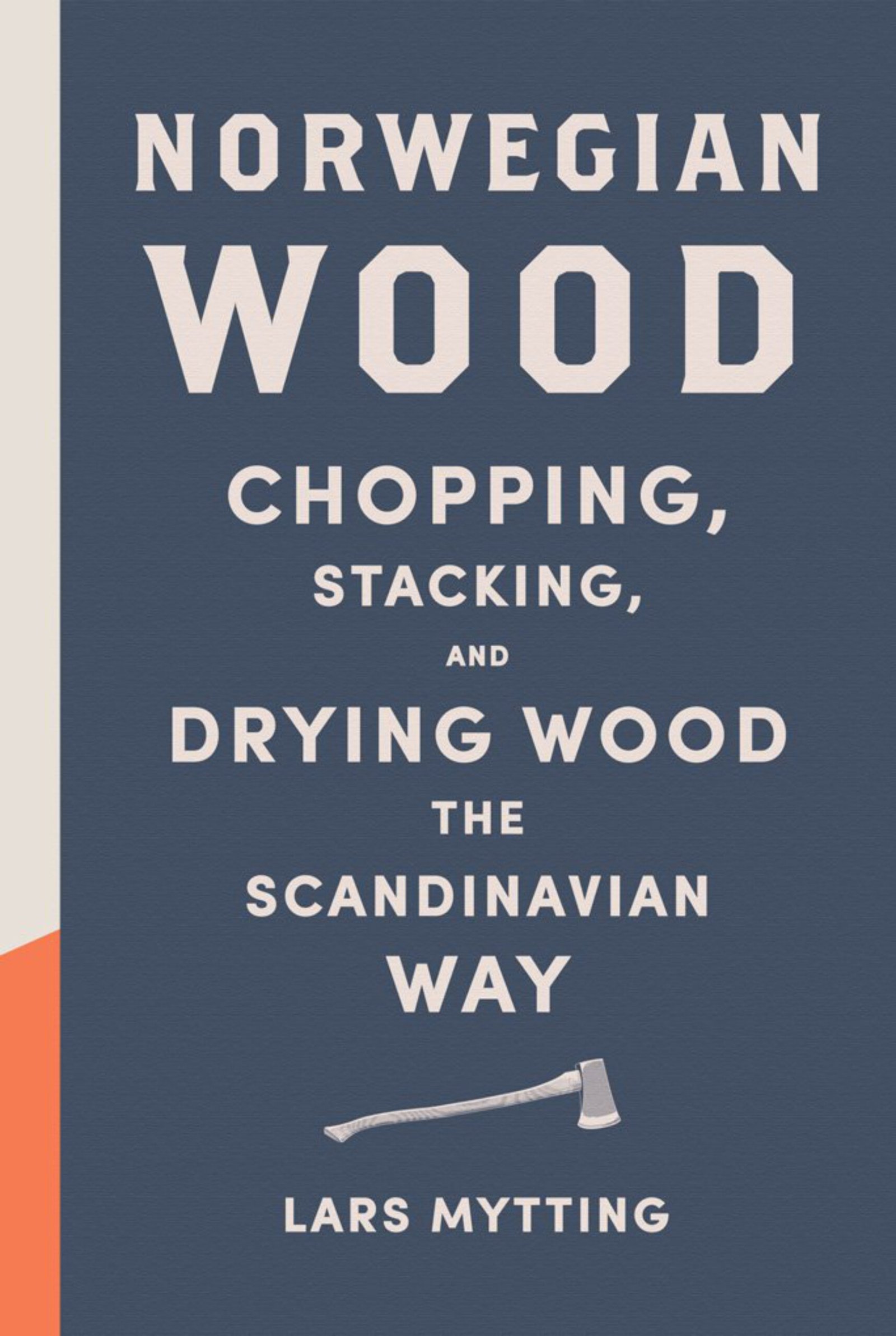Listen carefully, when you next hear friends and family talk about historic people – and their way of life. Surely, our ancestors must have been an unhappy and miserable lot. They had no access to modern medicine and inventions.
And judging by some history books and film depictions, our ancestors waded through life in cruelty and muck; from the very day that they were born – until the day that they died.
If I presented one of my foremothers – some forty generations back – with such a condescending view; would she have looked at me with contempt and given me a corrective slap in the face? I have a feeling that she would – so as to wake me up. And I would not have blamed her.
Would her response have been: “Look at your own time, where people unnecessarily starve and die young – or suffer and die in avoidable wars and conflicts? All because the rich and greedy are not interested in sharing – and the powerful nations are not interested in preventing? Is that the modern world you speak so highly of? The people who are directly responsible for cruelty in this world are few – but the silent majority – who says nothing – are they any better? Son, you stick that in your pipe and smoke it!”
The wise among our elders, they teach us how to show respect for one another. This rule also applies when we speak about people who are now on the other side of time.
The sum of all vices is constant, so the expression goes. I am sure that we could equally say: the sum of happiness and sorrow is also constant, regardless of what moment in history you are pointing at.
On behalf of my foremothers, I say – to myself and to all my contemporaries: Fix your own world, before you come judging mine. The world of the people that I loved is of no less value than yours. And no matter what pain I had to endure, I would never have been without the love for my children and my partner, my parents and my siblings, and the people of my community. – No matter how much time has passed, I demand that you show them respect – as will I do you.
EGP.00043





